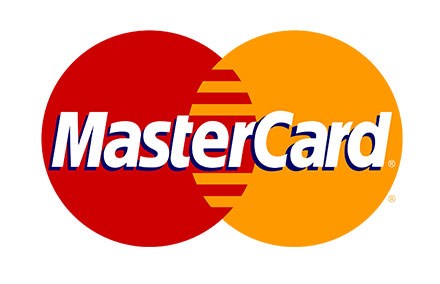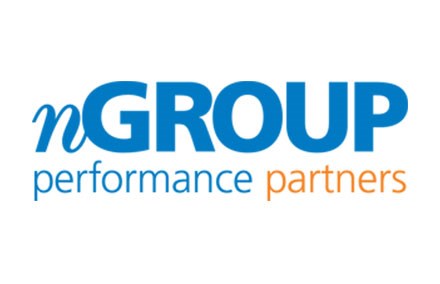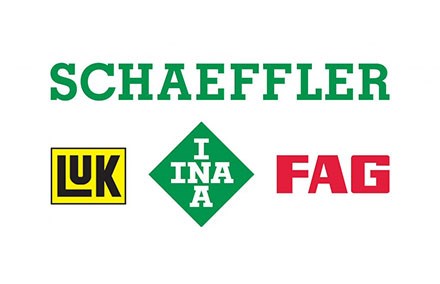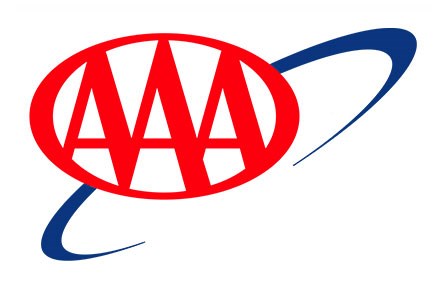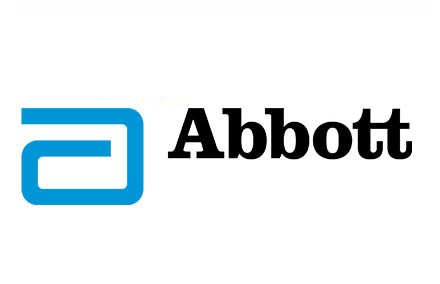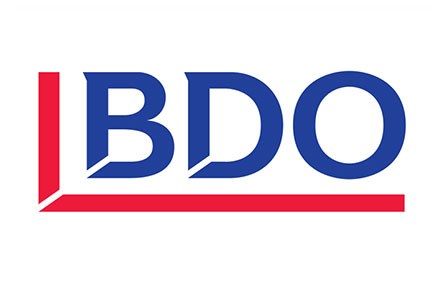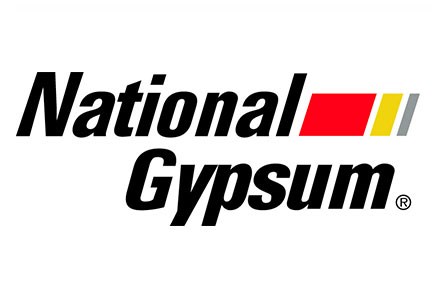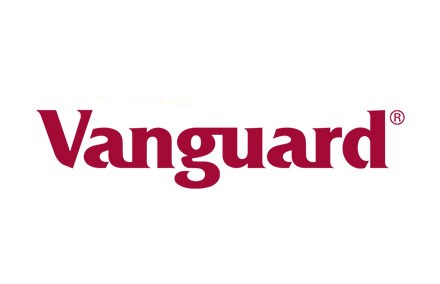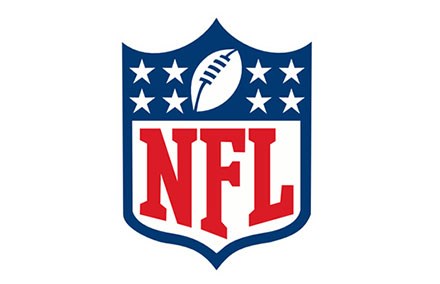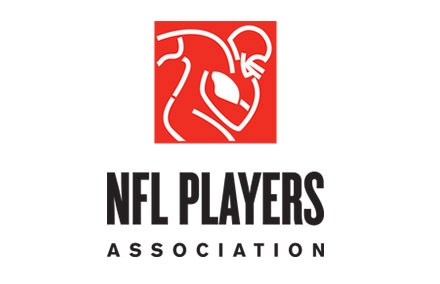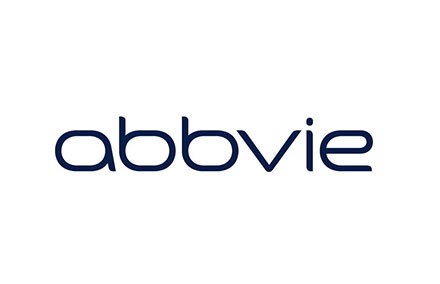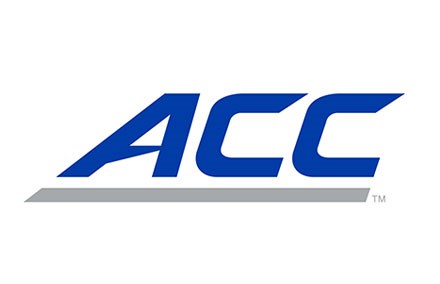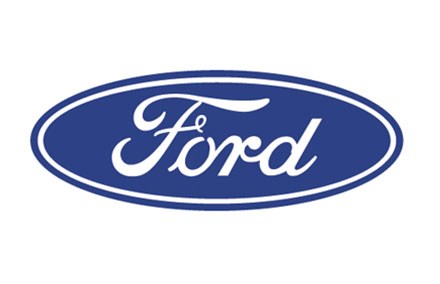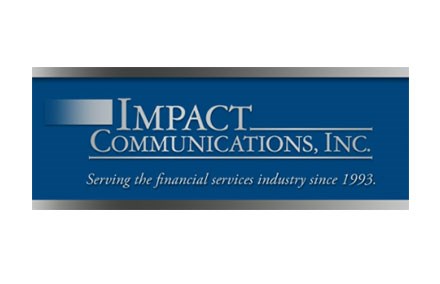POWER OF APPRECIATION
This is by no means a new topic. Who can really argue that showing appreciation to others – friends, family, coworkers, employees and others – is not a good thing? So why is it still an issue we see recurring in exit interviews of employees and in failed or unhealthy relationships? The most common answer is lack of time. And I think we can all safely label that as terrible excuse. My take is that we do not really understand the true value of appreciation, and this devalues its role and priority in day to day interactions.
From a neuroscience perspective, know that we are wired to retain, store and retrieve negative experiences with more functionality than positive experiences. I’ve blogged research on how on average it takes five positive experiences to dilute (chemically) just one comparable negative experience physiologically in our body. This is the same rule discovered by psychologists in healthy marriages and employee retention where people can recall five positive experiences for every negative one they have within a relationship or place of work. Appreciation, which can be done so simply and so frequently can account for 3 to almost all 5 of those positive experiences that is required daily to manage the negative experiences that are simply inherent in both life and virtually guaranteed to occur at work. An Emotionally Intelligent (EQ) leader does not leave to chance the occurrence of those positive experiences. Whether it is a smile, an acknowledgement of work, a verbal “thank you” or “please”, or a gently re-worded email or giving someone time to express their thoughts without interrupting – all these ways add up to the five plus positive experiences needed so that people around you can feel good which is the bedrock for effectively using skills to get to creativity and innovation.
This week, in every experience you have, proactive insert an “appreciation” tactic. Observe what happens afterwards. What you will find surprising is that you will get the most out of it
